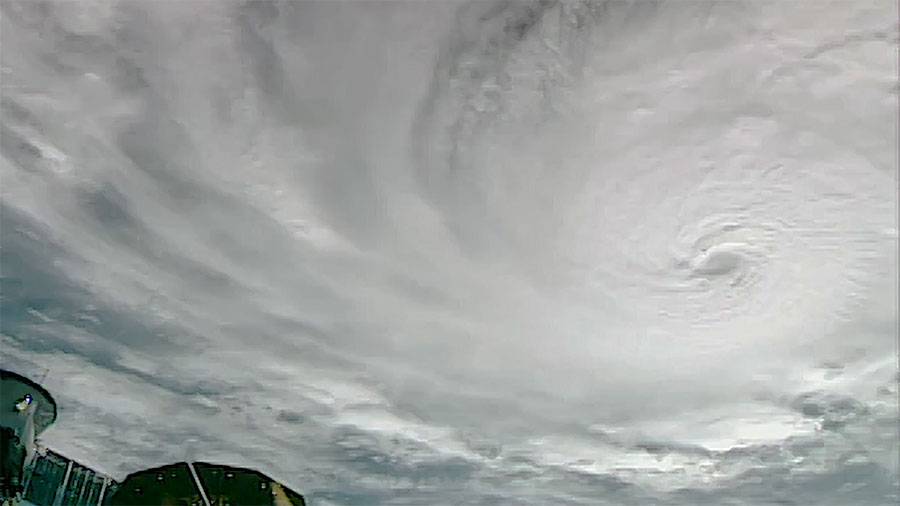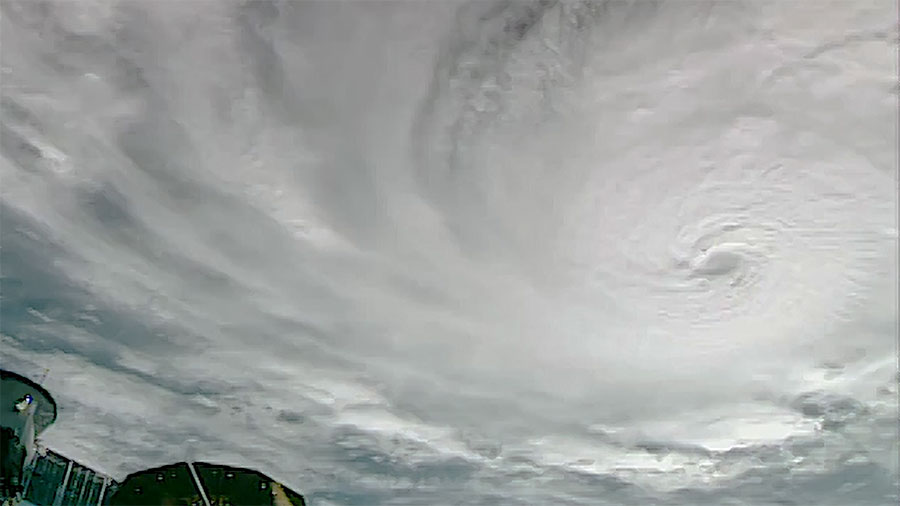
Space biology and physics were the main focus of research operations for the Expedition 72 crew aboard the International Space Station on Monday. Meanwhile, four Commercial Crew members are waiting for their final departure date before returning to Earth.
NASA Flight Engineer Nick Hague worked in the Columbus laboratory module swapping filters inside the BioLab’s incubator. BioLab supports the observation of microbes, cells, tissue cultures and more to understand the effects of weightlessness and radiation on organisms. NASA Flight Engineer Don Pettit set up a laptop computer on the Cell Biology Experiment Facility, a research incubator with an artificial gravity generator, located in the Kibo laboratory module.
Station Commander Suni Williams explored space physics on Monday mixing gel samples and observing with a fluorescence microscope how particles of different sizes gel and coarsen. Results are expected to benefit the medicine, food, and cosmetic industries. NASA astronaut Butch Wilmore, who has been aboard the station with Williams since June 6, trained to operate advanced life support gear installed in the Microgravity Science Glovebox for a different space physics experiment then relaxed the rest of the day.
Roscosmos Flight Engineer Aleksandr Gorbunov wore a sensor-packed cap that recorded his responses as he practiced futuristic planetary piloting techniques on computer. Flight Engineer Alexey Ovchinin inspected and cleaned the Electromagnetic Levitator that can levitate samples exposed to high temperatures for thermophysical research. Flight Engineer Ivan Vagner started out his day cleaning smoke detectors and testing batteries before ending his shift imaging Earth’s nighttime atmosphere in near-ultraviolet wavelengths.
NASA Flight Engineers Matthew Dominick and Mike Barratt, both SpaceX Crew-8 members, began the day in the Tranquility module unpacking and transferring cargo stowed in the NanoRacks Bishop airlock. More than just a stowage module, Bishop can also house science experiments that can also be placed in the external microgravity environment.
The two other crewmates representing Crew-8, Flight Engineers Jeanette Epps of NASA and Alexander Grebenkin of Roscosmos, spent their day packing cargo inside the Dragon Endeavour, handing over their mission responsibilities, and relaxing.
The four Crew-8 members will wait a few more days before saying farewell to the Expedition 72 crew aboard the orbital outpost. Mission managers are monitoring weather conditions off the coast of Florida and will announce an undocking and splashdown time and date, weather pending, for the foursome inside Endeavour.
Learn more about station activities by following the space station blog, @space_station and @ISS_Research on X, as well as the ISS Facebook and ISS Instagram accounts.
Get weekly video highlights at: https://roundupreads.jsc.nasa.gov/videoupdate/
Get the latest from NASA delivered every week. Subscribe here: www.nasa.gov/subscribe

